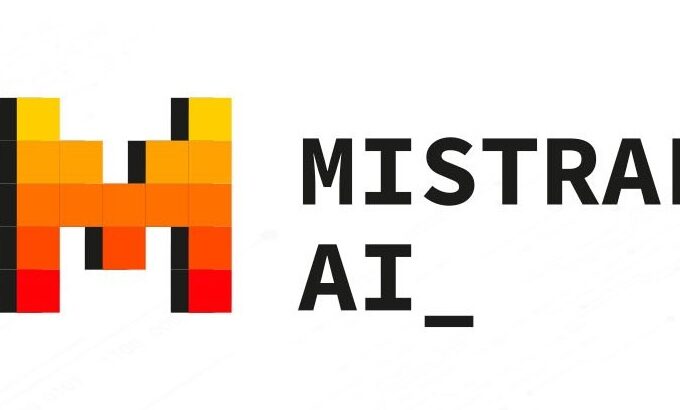
U.S. Regulators Set Sights on Microsoft, OpenAI, and Nvidia in Antitrust Investigations
In a move reflecting escalating regulatory scrutiny, the U.S. Federal Trade Commission (FTC) and the Department of Justice (DOJ) have reached an agreement to launch antitrust investigations into Microsoft, OpenAI, and Nvidia, The New York Times reported. This strategic division of responsibilities aims to scrutinize the significant influence these tech giants wield in the burgeoning artificial intelligence (AI) sector.
The DOJ will spearhead the inquiry into Nvidia’s operations, while the FTC will focus on the activities of Microsoft and OpenAI. This agreement highlights the growing concern among regulators about the concentration of power within the AI industry and its potential implications for competition and innovation.
Nvidia, a key player in the AI chip market, holds approximately 80% market share. The company’s GPUs are integral to AI model training and deployment, with high demand driving its market capitalization beyond $3 trillion. Nvidia’s gross margins of 70-80% reflect its strong market position. The DOJ’s investigation will explore whether Nvidia’s practices have violated antitrust laws, particularly its use of software that potentially locks customers into using its hardware and how it distributes its products.
Microsoft’s deep investment in OpenAI, totaling $13 billion, underscores its strategy to integrate cutting-edge AI technologies into its suite of products. This partnership has given rise to innovative tools such as Microsoft’s Copilot, which leverages OpenAI’s models for enhanced productivity features in applications like Word and PowerPoint. The FTC will scrutinize whether these investments and partnerships, including Microsoft’s $650 million deal with AI startup Inflection AI, are structured to sidestep traditional merger review processes and whether they pose anticompetitive risks.
The agreement to divide investigative responsibilities follows a similar regulatory strategy implemented in 2019, which saw the FTC and DOJ tackle antitrust issues involving other tech behemoths like Google, Apple, Amazon, and Meta. These ongoing cases reflect a broader regulatory ambition to mitigate the monopolistic tendencies within the tech industry.
In recent years, both the FTC and DOJ have intensified their focus on the AI sector, driven by the technology’s rapid development and significant societal impact. In January, the FTC initiated a broad study under Section 6(b) of the FTC Act to gather detailed information on the investments and partnerships between major AI developers and cloud service providers. This study targets companies such as Amazon, Alphabet, Microsoft, Anthropic, and OpenAI.
Regulators have voiced several concerns about the AI industry, including the advantage large tech companies have due to their extensive access to data used for training AI models. Additionally, there are worries about the potential misuse of strategic partnerships to avoid regulatory oversight, thus consolidating power within a few dominant firms. These concerns are exacerbated by the massive computational power required for AI development, which inherently favors companies with significant resources.
The regulatory scrutiny is not confined to the United States. European regulators are also examining Microsoft’s investments in OpenAI, reflecting a global concern over the consolidation of AI capabilities within a few dominant players. The European Union has already established landmark rules to govern AI, emphasizing the regulation of high-risk applications of the technology.





